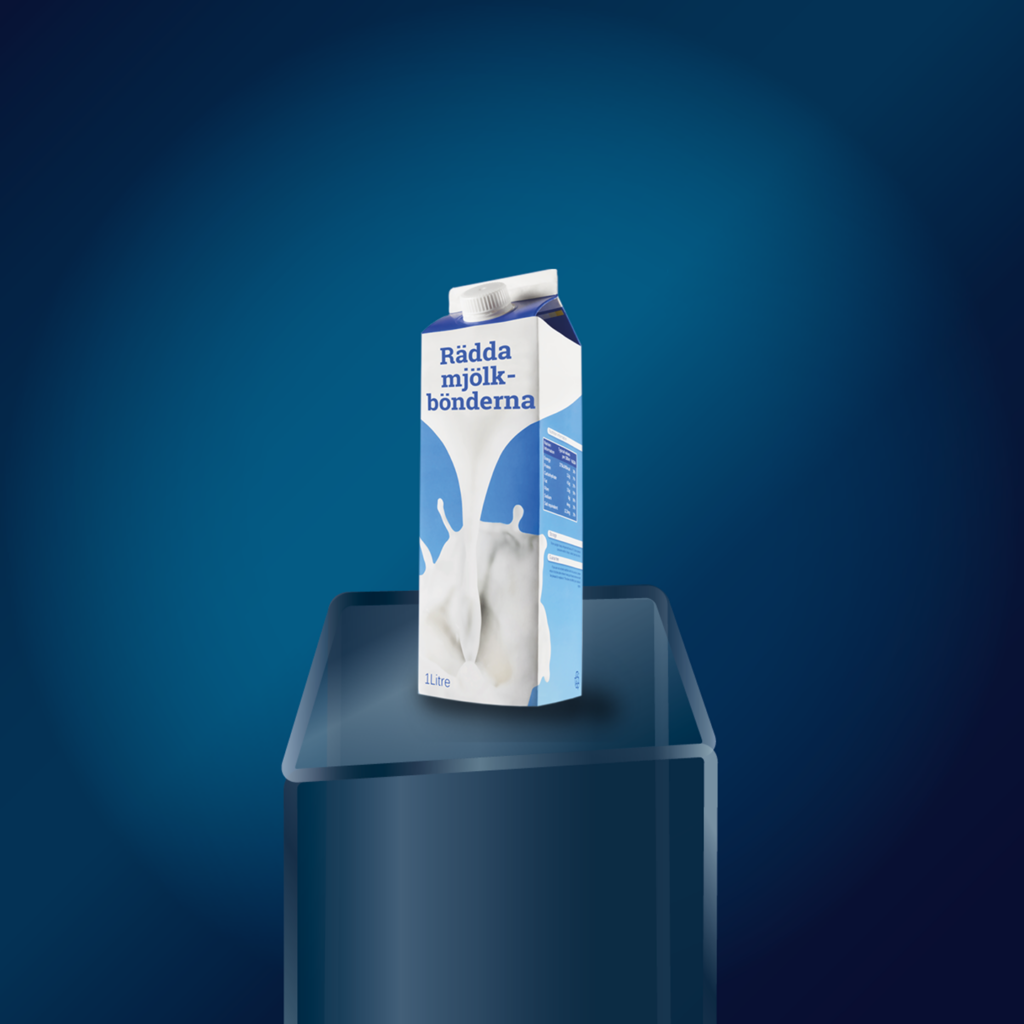Biodiversity declined rapidly during the fossil era. Industrial agriculture, with its large monocultures and extensive use of pesticides, was a major driver. To reverse this alarming trend, a new agricultural policy was enacted in the EU in 2027: the Transitional Agriculture Policy, in short TAP.
Before TAP, the majority of the EU budget was spent on direct payments to farmers based on how much land they cultivated and the size of their yields. TAP replaced these payments with a subsidy system compensating farmers based on the social goods produced by their farms. If, for instance, they kept traditional pasture lands open, provided habitats for pollinators or preserved cultural heritage sites, they were eligible for compensation.
TAP also compensated farmers transitioning to less harmful farming techniques, such as organic farming, perennial crops, agroforestry or conservation agriculture.
Since the subsidies now favored low-emitting and high biodiversity farms, large-scale meat operations and vast monocultures of wheat, soy and beets became less profitable. This led to the positive trend we are now seeing in agricultural biodiversity and why we can have the large blue in our collection. This also significantly lowered emissions from agriculture, not only as these practices stored more carbon in the soil but also as they led to a shift in people’s diet away from meat and dairy to plants.
For many farmers, however, especially the ones keeping animals, TAP was viewed as an existential threat. Huge protests erupted, and tractors filled the main streets of many European cities. The most infamous protests took place in Brussels in 2027. For weeks on end, farmers and other political groups who jumped on the bandwagon gathered outside the European Parliament. These protests were initially non-violent, but confrontations became more common as time passed — and by the time the protesters left, several people had died.
Biodiversity: An abundance of species, environments and genes. Biodiversity is vital for nature to function properly, for our survival and for all species’ right to exist.
Monocultures: Forestry or agriculture intended to produce a single crop.
Social goods: Practices producing goods that benefit all of society, such as maintaining trees that absorb pollution or wetlands that sequester carbon.
Perennial crops: Crops that do not need to be replanted every year. Most of the staple crops of the fossil era, such as rice, wheat and soy, were grown as annual crops, which required the soil to be dug up and disturbed every year. Perennial crops, on the other hand, return each year and thus have more time to create extensive root systems, making them less vulnerable to extreme weather events. They also require fewer fertilisers and pesticides and cause less erosion (see erosion in the story about the concrete drill core).
This text is part of the future scenario and study material Beyond the Fossil Era.
